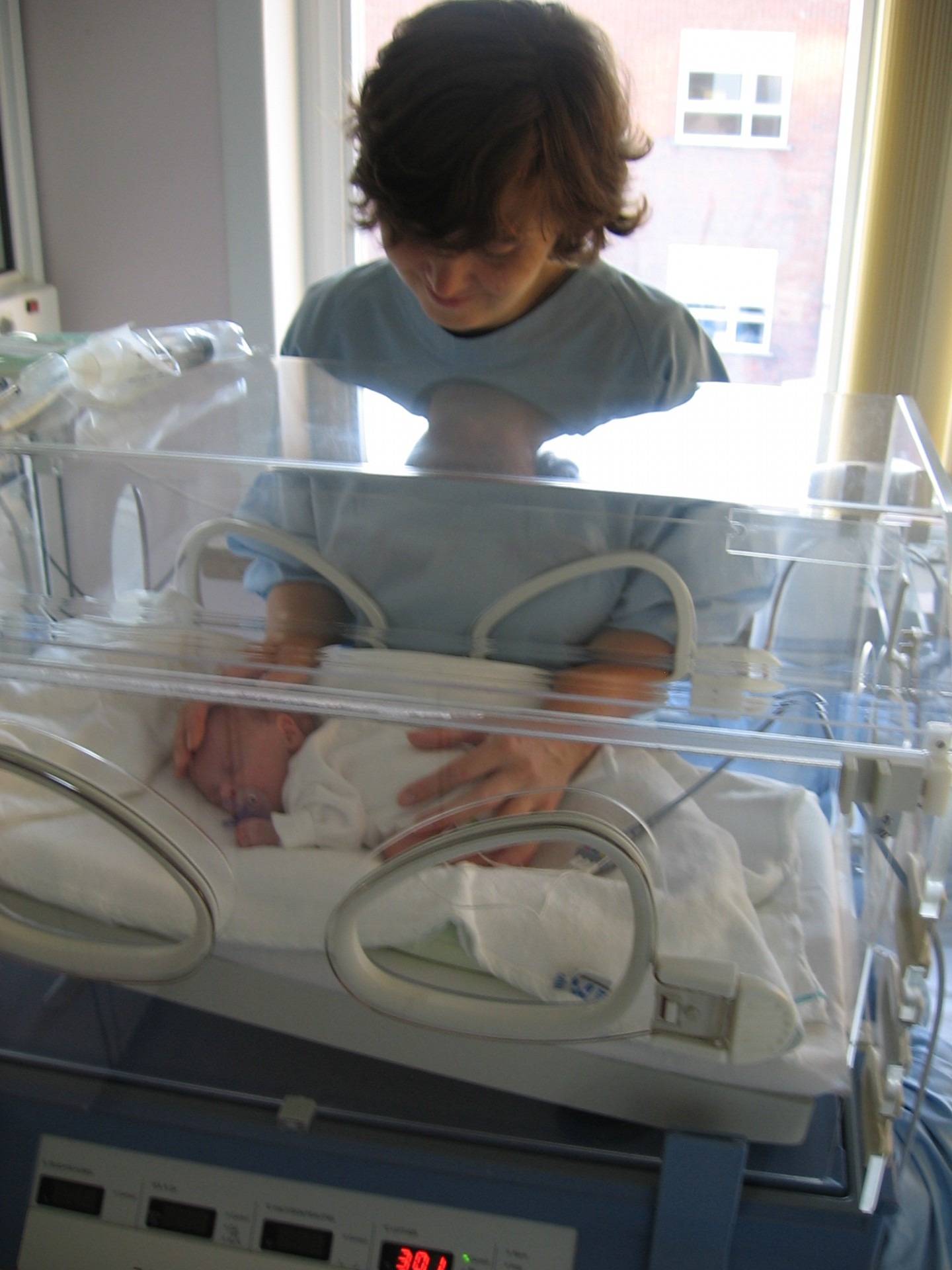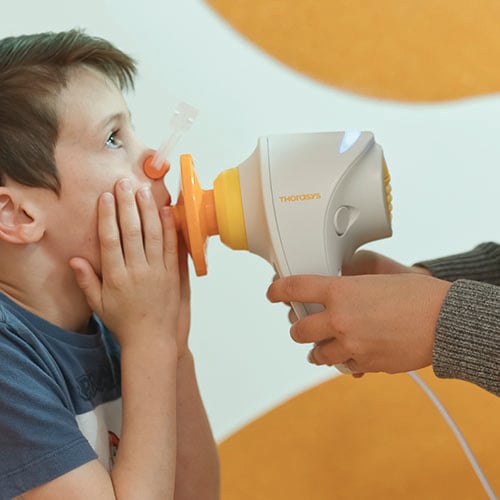Search
Showing results for "lung disease preterm"
Research
Lung volume and ventilation inhomogeneity in preterm infants at 15-18 months corrected ageTo assess whether lung volume and ventilation inhomogeneity in preterm infants at 15-18 months corrected age
Research
Respiratory function and symptoms in young preterm children in the contemporary eraPreterm children have worse lung function than healthy controls
Research
Exercise training to address lifelong consequences of preterm birth: a survey of perceived needsThe identification of a COPD etiotype associated with preterm birth (COPD-developmental) has expedited calls for intervention strategies that may improve health outcomes for survivors of preterm birth (<37 weeks' gestation). Pulmonary-rehabilitation style training interventions achieve physiological and symptom improvement in older people with COPD, but whether similar training interventions are suitable for young people is unclear. We sought to understand the perceived need and requirements of an exercise training intervention for children, adolescents and adults born preterm.

News & Events
Enhancing the lung health for preterm birth survivors by uncovering treatable traitsA project to uncover treatable traits to improve the lung health of people born preterm has been made possible thanks to a $1.99 million Medical Research Future Fund (MRFF) grant.
Research
Lung function trajectories throughout childhood in survivors of very preterm birth: a longitudinal cohort studyLung function trajectories are impaired in survivors of very preterm birth

News & Events
Limiting long term lung damage in preterm babiesWith premature babies facing lung problems, researchers with the Children’s Lung Health group are working to identify ways to improve the long-term impact.

A new study is helping to identify treatment options to improve the lung function of premature babies, after it was determined survivors of preterm birth were at risk of declining lung health.
Research
The impact of respiratory viruses on lung health after preterm birthThe aim of this review is to highlight the risk factors that may contribute to increased susceptibility to viral respiratory infections among preterm infants
We’ve heard from families that trustworthy information about preterm-associated lung disease is difficult to find. In response, we’ve created resources to empower families with the knowledge they need to manage these challenges.

Our researchers want to know what causes chronic lung disease in babies born very preterm. We can learn more about what's happening in the lungs by measuring the air that babies breathe out.
